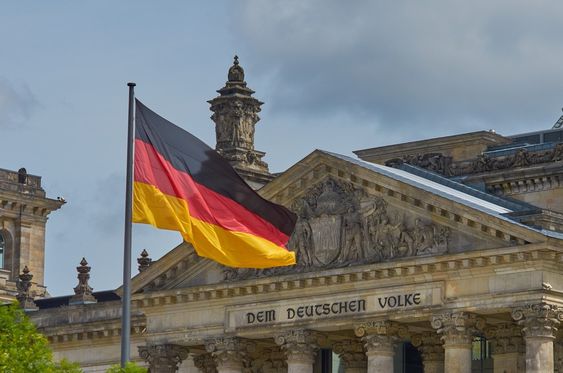In a notable development on August 20, Germany’s Federal Financial Supervisory Authority (BaFin) embarked on a significant operation, seizing 13 cryptocurrency ATMs from a total of 35 locations across the nation. This action underscores the intensifying global scrutiny and regulatory efforts aimed at the burgeoning cryptocurrency market, especially concerning unlicensed operations that might bypass established financial safeguarding norms.
Germany’s Stern Move Against Unlicensed crypto ATMs
In what appears to be a coordinated effort involving federal police and the Bundesbank, Germany has taken a bold step by confiscating around $28 million in cash from these unlicensed cryptocurrency ATMs. The operation was executed under the auspices of enforcing compliance with the nation’s Banking Act, specifically under Section 32, which mandates the necessity of proper licensing for such entities operating within its jurisdiction.
The underlying concern highlighted by BaFin revolves around the potential misuse of these unregulated machines. Without the necessary oversight, these ATMs could easily become conduits for illicit activities, including money laundering and the financing of terrorism. The lack of strict identity verification processes exacerbates this risk, undermining efforts to maintain financial integrity and security within the country.
The Context: A Declining Trend in bitcoin ATM Installations
This crackdown is contextualized by a noticeable downturn in the number of bitcoin ATMs worldwide. Recent figures point to a decrease of 440 bitcoin ATMs in July, with an additional 173 units going offline by the early days of August. This trend is not isolated to Germany; it mirrors actions taken in other jurisdictions, notably in the United States, where legal pressures have been mounted against operators like bitcoin of America for similar licensure discrepancies.
Furthermore, Germany’s proactive measures can be seen as part of a broader, global initiative aimed at reigning in the crypto market’s excesses. For instance, binance, a leading crypto exchange, recently undertook to freeze over $2.4 billion in funds associated with fraudulent schemes in the first half of 2024 alone, signaling a concerted effort within the industry to address and mitigate risks associated with digital asset transactions.
Implications of Germany’s Enforcement Action
By targeting unlicensed cryptocurrency ATMs, German authorities are sending a clear message about their commitment to ensuring that cryptocurrency transactions within their borders are conducted within a legal and secure framework. The message is twofold: on one hand, it reassures the legitimate crypto market participants of the government’s support in fostering a safe trading environment; on the other hand, it serves as a stark warning to those who may operate outside the bounds of the law, with penalties including imprisonment of up to five years for severe infringements.
The significance of such regulatory actions cannot be overstated. They not only aim to protect the financial system from being exploited for unlawful pursuits but also help in establishing a more transparent, accountable, and reliable cryptocurrency market. This is crucial for the long-term integration of digital currencies into mainstream financial systems and for building trust among users and investors alike.
Summarizing the Shift
Germany’s confiscation of unlicensed cryptocurrency ATMs marks a critical point in the evolving relationship between financial regulatory authorities and the cryptocurrency market. It underscores the importance of compliance and the implications of operating outside regulatory frameworks. As the landscape of digital currencies continues to evolve, such actions highlight the crucial balance regulators must strike between fostering innovation and ensuring security and legality in financial transactions.
In sum, as the cryptocurrency market matures, the role of regulatory bodies in shaping its direction cannot be understated. Germany’s recent actions are a testament to the global move towards more regulated, secure, and transparent digital currency environments, paving the way for a safer and more robust financial ecosystem in the digital age.
